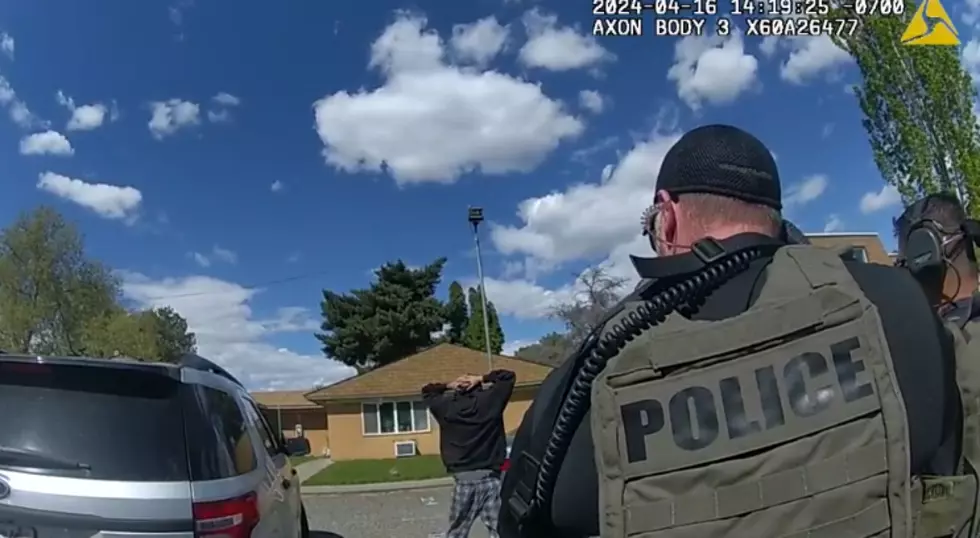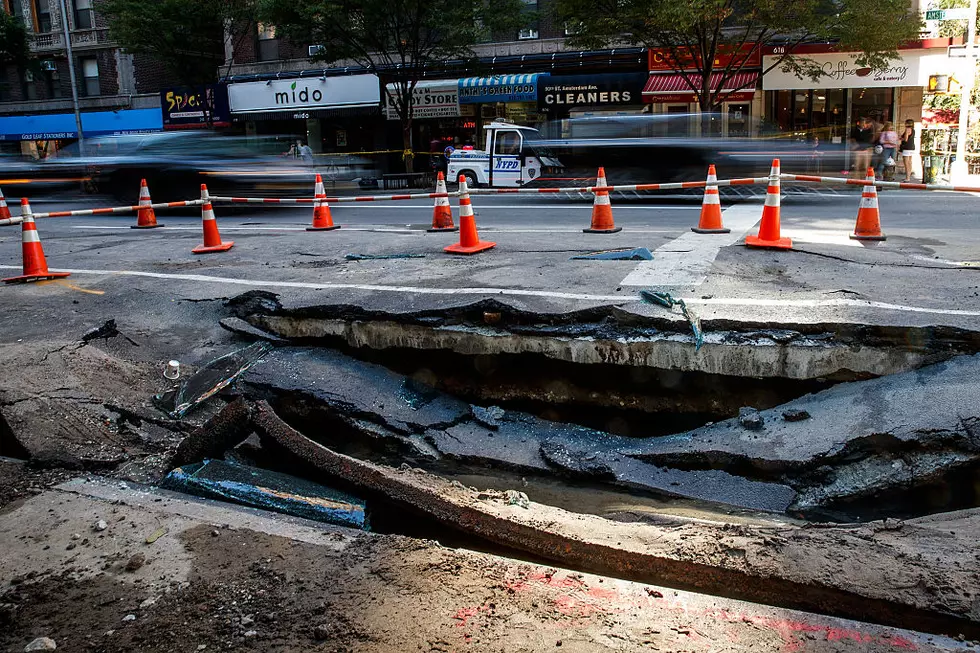
WA Department of Health Issues New Cautions About Radon – Including for Tri-Cities
Our levels are still below the well-known issues found in the Spokane area, but higher than most people think.
The Washington State Department of Health has issued new information and cautions about Radon, the colorless, odorless toxic gas than can cause health issues.
Radon is a naturally-occurring phenomenon in nature, it comes from the breakdown of two very common elements found in soil, thorium and uranium. Quite simply, as they naturally decay, they give off radon gas. Some states have higher levels of thorium and uranium than others, it's been found in various levels in virtually every country on earth. In Benton and Franklin Counties, it is not in any way related to Hanford.
In the U.S. Washington state has higher levels than Oregon, and it's prevalent across the Central and Upper Midwest, and Northern states to the East. The WA DOH has new information and maps available for residents to see where the most updated concentrations are in our state. Click on highlighted text to U.S. map of Radon zones.
It's been known for years that Spokane experiences some of the highest levels in the region, homes are routinely tested for the cancer-causing gas. But new maps show parts of Benton and Franklin County also have a significant presence of the gas. Part of the reason for the new maps released by the Department of Health is because many areas of the state had never been thoroughly tested before.
As more and more counties undergo thorough examination, a number of areas have been found to have a higher than normal presence of the gas than was previously thought.
These new tests have allowed the maps to be revised. Radon is colorless, odorless and can accumulate in higher levels underneath buildings and in foundations. Because it's considered a "heavy" gas, it becomes trapped under these areas. Over time, periods of years, it can contribute to health issues especially lung cancer.
Inexpensive home test kits are available, and treating the gas is usually simple and also inexpensive. The Department of Health says regardless of where you live, it's a good idea to at least occasionally test your home. To find out more information, see the Washington State Department of Health website.
More From 870 AM KFLD









